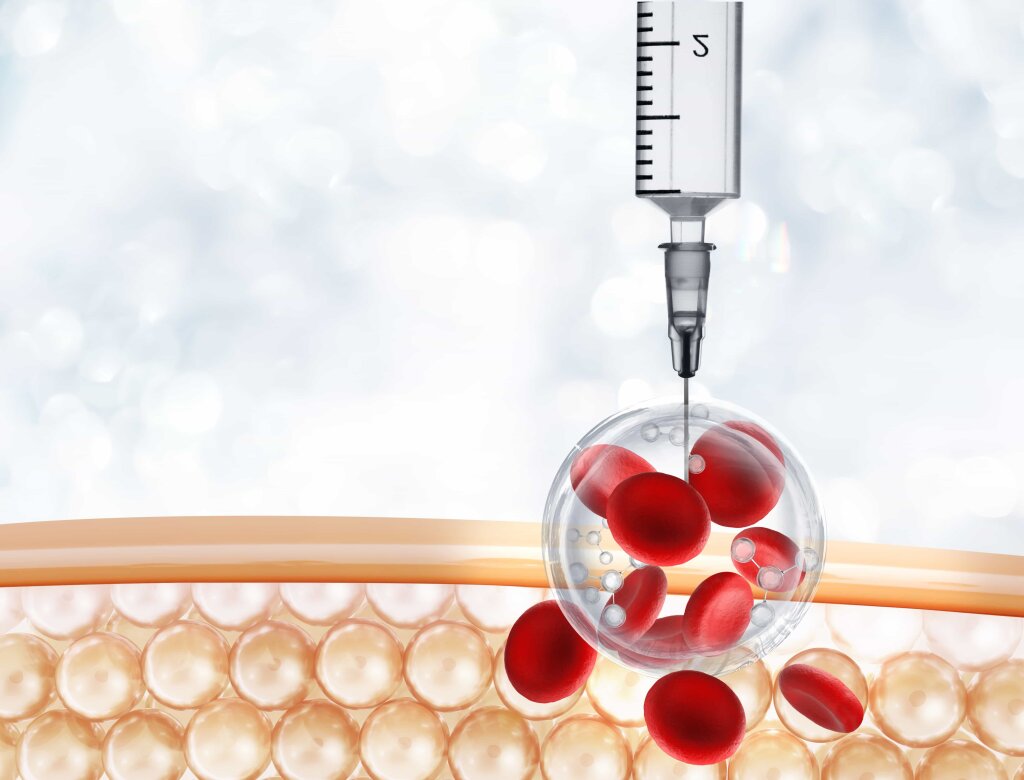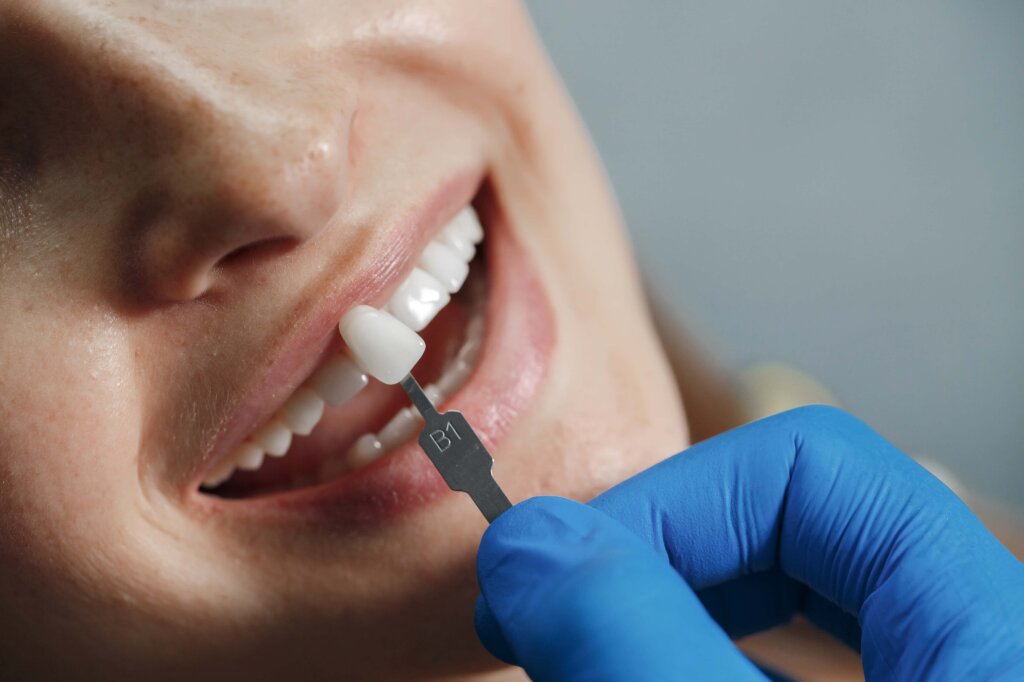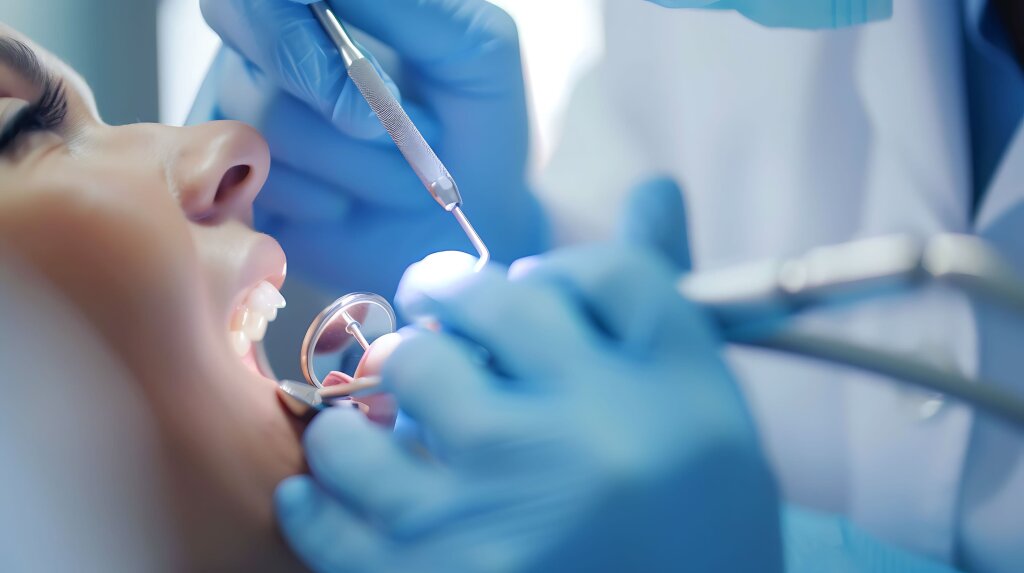Dental implants are an effective treatment method widely used to replace missing teeth. However, recent developments in the field suggest that stem cell technology could revolutionize implant treatment. Stem cell technology has the potential to increase the speed and reliability of implant treatment, creating a significant impact in dentistry. In this article, we will explore the effects of stem cell technology on dental implants, the advantages it offers, and how this technology might be used in the future.
What is Stem Cell Technology?
Stem cells are fundamental cells capable of forming various tissues and organs in the body. These cells have the ability to differentiate into different cell types, making them highly significant in regenerative medicine. Stem cell technology allows these cells to be directed correctly to create new tissue in damaged areas of the body.
In dentistry, stem cells are particularly used in bone regeneration and gum treatments. The use of stem cell technology in dental implants can facilitate faster integration of the implants with the bone (osseointegration) and reduce complications during this process.
Stem Cell Technology and Dental Implants
Dental implants consist of prosthetic teeth placed on titanium screws that are inserted into the jawbone. The process of fully integrating these screws with the jawbone takes time, and complications can arise during this period. Stem cell technology has the potential to revolutionize implant treatment by accelerating this process and making it more reliable.
Acceleration of the Osseointegration Process:
Injecting stem cells into the jawbone can promote rapid multiplication of bone cells and faster integration of the implant with the bone. This shortens the treatment time and allows patients to achieve functional teeth in a shorter period.
Increase in Implant Success:
Stem cells also support the healing process of tissues surrounding the implant. This reduces the risk of implant failure and provides more reliable long-term results. This technology offers significant advantages, particularly for patients with bone loss or weak bone structure.
Reduction of Complications:
The healing properties of stem cells can reduce complications such as infection, inflammation, and other issues that may arise during implant treatment. This enables patients to have a more comfortable treatment process and shortens the post-treatment recovery period.
The Future of Stem Cell Technology
While the use of stem cell technology in dental implants is currently in the research and development stage, it is anticipated that this technology will become widely used in dental practices in the future. Here are some predictions about how this technology might be used in the future:
Personalized Treatments:
Since stem cells can be derived from the patient's own cells, they offer personalized treatment options. This reduces the risk of the body rejecting the implant and increases the success of the treatment. Personalized treatments allow for the creation of treatment plans tailored to each patient's unique needs.
Complete Tooth Regeneration:
In the future, stem cell technology may not be limited to dental implants. Research suggests that stem cells could be used for full tooth regeneration. This would allow the complete reconstruction of natural teeth, eliminating the need for implants.
Less Invasive Procedures:
The use of stem cells could make dental implant procedures less invasive. By accelerating bone regeneration without the need for additional surgical procedures such as bone grafting, the treatment process could become simpler and more comfortable for patients.
Advantages of Stem Cell Technology
The main advantages of using stem cell technology in dental implants include:
Fast Healing:
Stem cells accelerate the healing process, allowing patients to return to their normal lives more quickly. This makes the treatment process more efficient for both patients and dentists.
High Success Rate:
Stem cell technology increases the success of dental implants, minimizing the risk of implant loss. This is particularly beneficial for patients with low bone density or other health issues.
Long-Lasting Results:
Implants supported by stem cells may be more durable and healthy in the long term. This extends the lifespan of the implants and reduces the need for repeated treatments.






